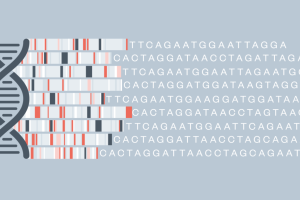31 Aug 2023
News
Government ‘Code of Conduct for data-driven health and care technology’ references Nuffield Council principles
The Department for Health and Social Care (DHSC) has published a new ‘Code of Conduct for data-driven health and care technology’ which cites ethical principles set out in our 2015 ‘Biodata’ report, 'The collection, linking and use of data in biomedical research and health care: ethical issues'.
An announcement on the DHSC website states ‘The code encourages technology companies to meet a gold-standard set of principles to protect patient data to the highest standards’ and that ‘It is made up of 10 principles that set out how the government will make it easier for companies to work with the NHS to develop new technologies and what the NHS expects in return’.
The Code references the Nuffield Council’s report in its introduction, saying: “The code of conduct clearly sets out the behaviours we expect from those developing, deploying and using data-driven technologies, to ensure that all those in this chain abide by the ethical principles for data initiatives developed by the Nuffield Council on Bioethics:
- respect for persons
- respect for human rights
- participation
- accounting for decisions"
We are pleased to see our ethical principles for the design and governance of data initiatives cited in this new code. We welcome the Government’s initiative to ensure that data-driven technologies are used to improve the quality and safety of care in a safe, ethical, evidenced and transparent way. We think it is vital that respect for participants and their data is at the very centre of any data initiative. Those in charge of data initiatives need to fully understand and respect people’s expectations about how their data will be used, and these expectations should be determined with the participation of people with relevant interests.
For further information please see the Council’s work on data use in biomedical research and health care and read our 2018 briefing note ‘Artificial Intelligence in healthcare and research’, which outlines key ethical challenges involved in ensuring that AI is developed and used in a way that is transparent and compatible with the public interest.



Share